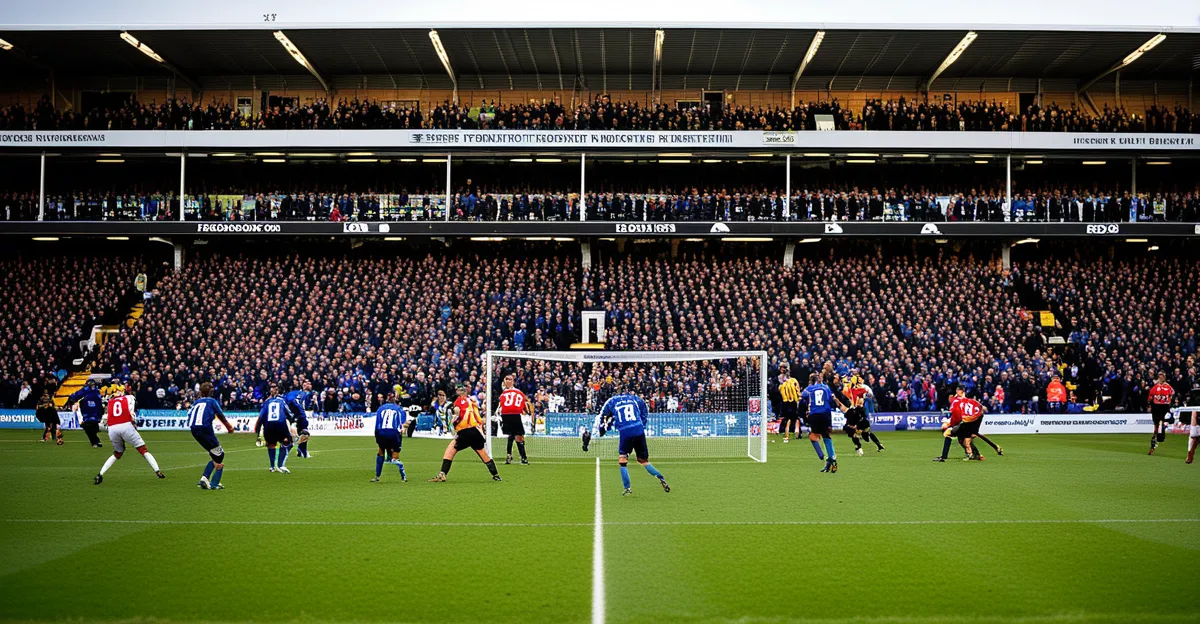Economic impact of UK sports events on local tourism
UK sports events have a significant economic impact on local tourism by driving increased demand for accommodation, hospitality, and transport. When events like major football matches or national tournaments take place, they attract both domestic and international visitors. This influx translates to direct spending on tickets, hotels, restaurants, and transportation, as well as indirect spending through local retail and service providers.
Recent tourism statistics reveal that towns hosting prominent UK sports events often see a noticeable rise in tourist numbers, which supports local economies and generates additional tax revenues. For example, hotel occupancy rates during Wimbledon or major football fixtures usually surge, reflecting the heightened demand. This activity benefits multiple sectors; visitors contribute to local employment, and small businesses thrive due to increased foot traffic.
Also to discover : How does climate change impact outdoor sports in the UK?
The compound effect of spending means the economic stimulus extends beyond event days, fostering growth in regional tourism. Such events act as catalysts, providing sustained economic benefits while enhancing the visibility of host locations. Consequently, UK sports events play a crucial role in promoting local tourism development and stimulating varied economic activities.
Mechanisms driving visitor spending during sports events
Small text: Understanding how UK sports events translate into local economic benefits
In the same genre : How Does Sports Culture Impact Community Spirit in the UK?
Sports events spark substantial visitor spending, directly lifting revenues for local businesses. Event-driven tourism unfolds as attendees purchase tickets, merchandise, and food and beverages, injecting funds directly into the local economy. For example, sales of team apparel and souvenirs surge during major fixtures, supporting retail outlets situated near stadiums or event venues.
Moreover, hospitality sectors benefit extensively. Increased demand for dining and accommodation services creates a ripple effect: restaurants and hotels see higher occupancy and sales, often leading to expansions and upgrades. This demand can boost seasonal or event-driven employment opportunities—temporary staff in hospitality and retail fill roles to accommodate the influx.
The retail impact is multidimensional. Local shops experience heightened foot traffic not only during events but also in the days surrounding them, as visitors explore the area. This pattern fosters sustained economic activity.
Precisely how much spending occurs depends on event scale and location, but recent data indicates these mechanisms consistently generate significant financial benefits. Thus, understanding visitor spending triggers helps local stakeholders optimize economic returns from UK sports events.











